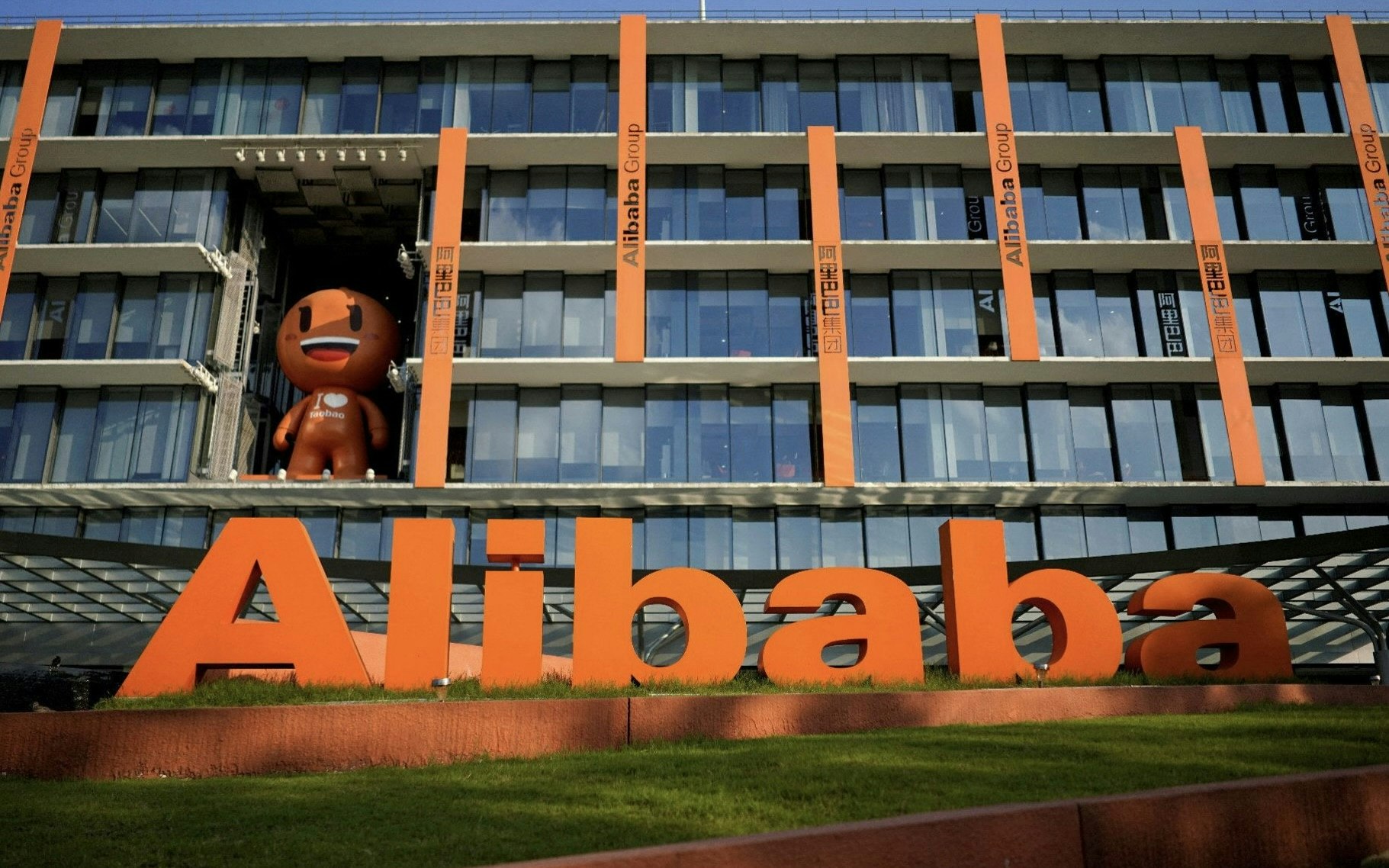China's technology giant Alibaba has catapulted to the forefront of the Chinese AI revolution with a strategic shift towards artificial intelligence.
A key driver behind this reorientation is founder Jack Ma, who, after a period of withdrawal from the public eye, is now more involved in the strategic direction of the corporation. His return to the center of power was symbolically underscored last month when he took a seat in the front row of a meeting with China's President Xi Jinping. The stock market reacted positively: Since the beginning of the year, Alibaba's stock has risen by 66 percent.
The transformation comes at a critical time. Alibaba's once-dominant position in Chinese e-commerce had been shaken by the rise of competitors such as PDD Holdings and ByteDance. Additionally, the failed stock market launch of the financial division Ant Group had put the company under regulatory pressure. Ma recognized early on that Alibaba was lagging in the field of AI – particularly after the global success of OpenAI's ChatGPT.
Under new leadership, with Eddie Wu as CEO and Joe Tsai as Chairman, Alibaba has invested billions in AI research and formed partnerships with Chinese start-ups and the US technology company Apple. The in-house Qwen model series is now considered a leader in China. Apple chose Alibaba as a partner for AI features on iPhones in China – a clear vote of confidence.
But the competitive pressure remains high. Tencent aggressively integrates the models of the Chinese AI startup DeepSeek, while ByteDance invests billions in AI infrastructure. In addition, geopolitical tensions between China and the USA, as well as export restrictions on Nvidia chips, could hinder Alibaba's AI ambitions.
The challenge for Alibaba now is to maintain technological leadership in a rapidly changing market. "It feels like the old days again," says a long-time employee. "We have a vision worth fighting for again.







